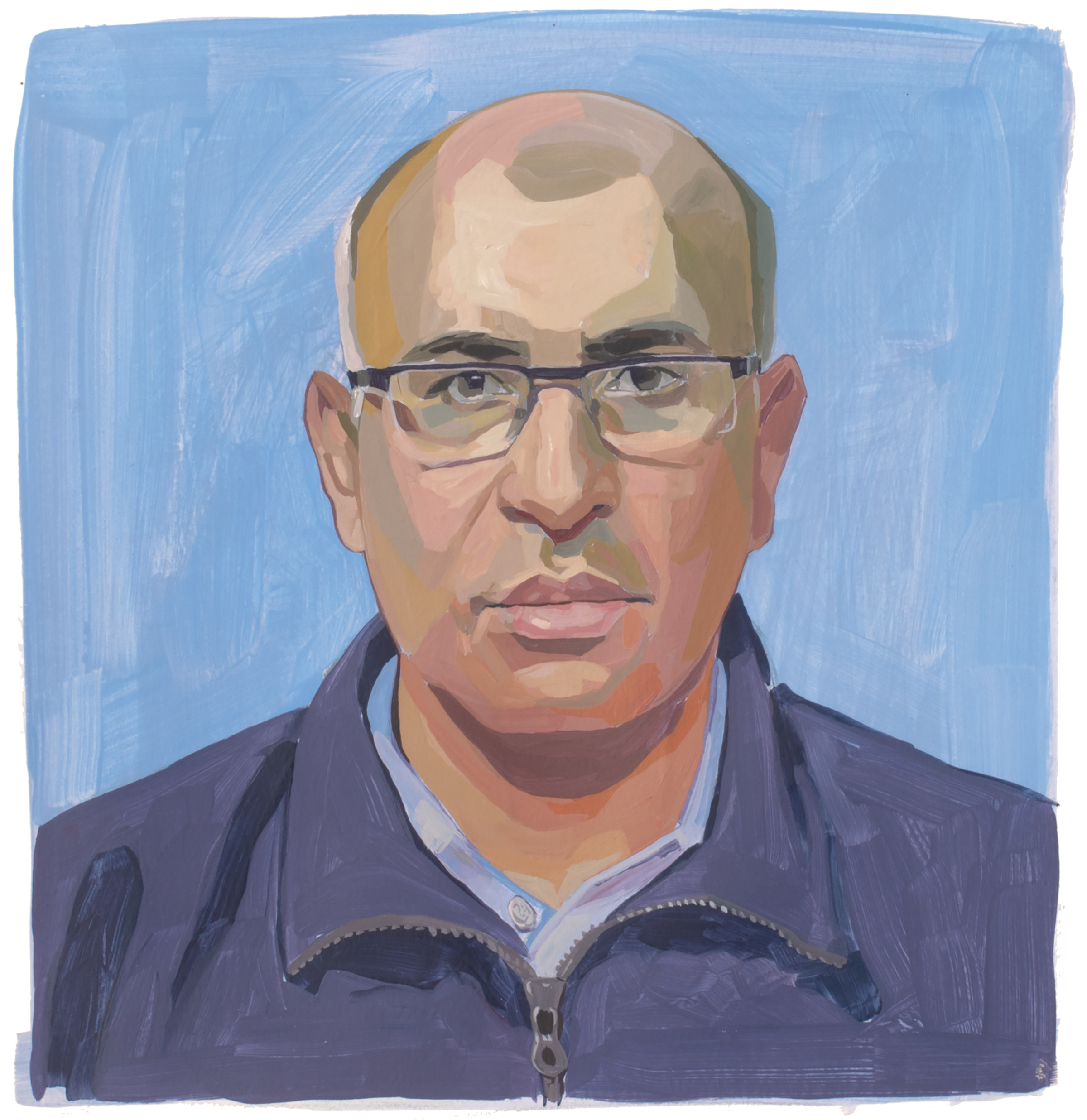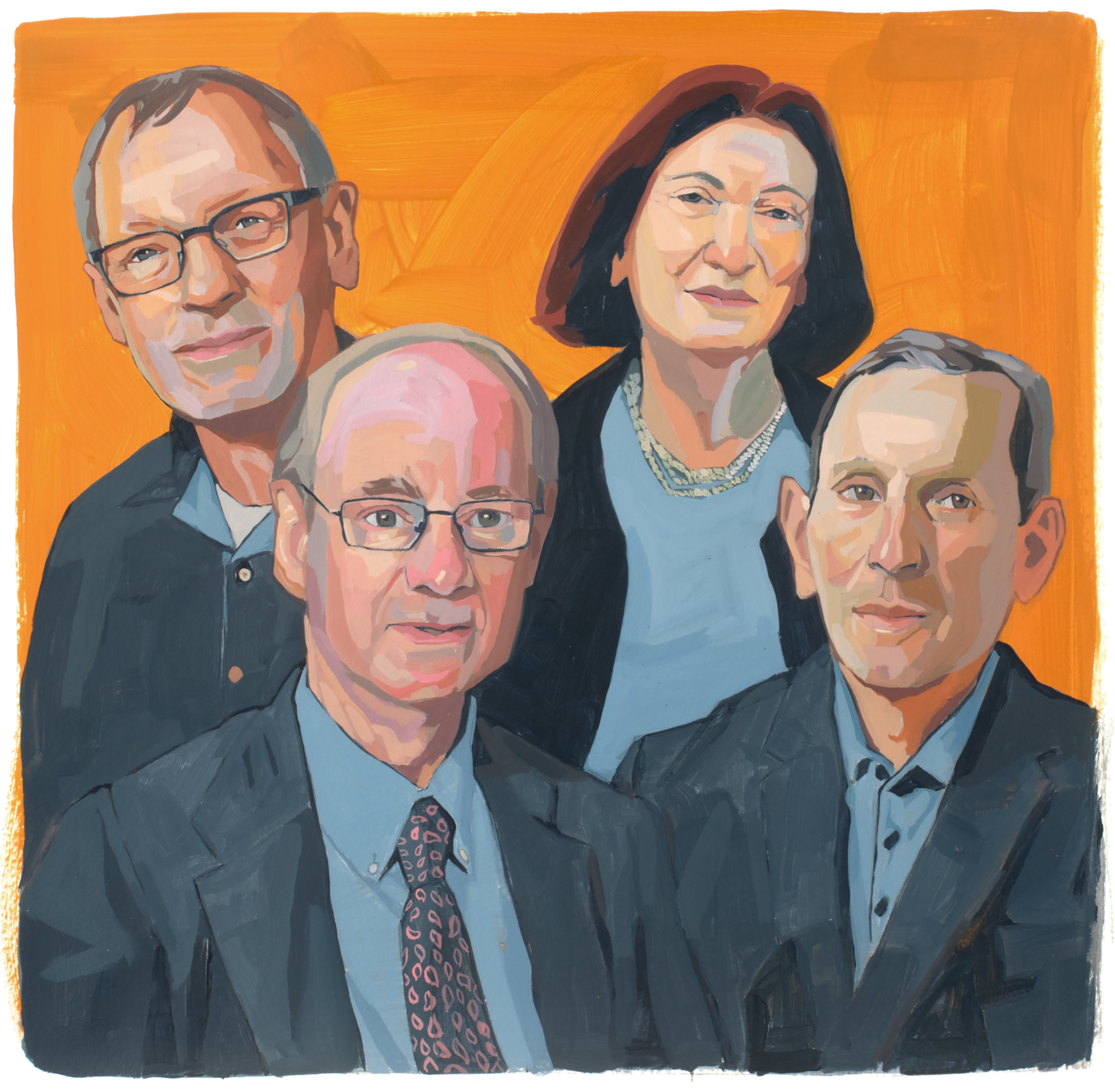Jonathan Haidt set out to write a book about what social media was doing to democracy, but scrapped it once he saw what it was doing to teenagers. “The research was just shocking,” says the social psychologist at New York University’s Stern School of Business. Rates of depression and anxiety in young adults (ages 12 to 17) in the U.S. almost doubled between 2010 to 2019. Suicide rates climbed 48% in kids 10 to 19 during that time period and jumped 131% for girls 10 to 14. Similar patterns have emerged in English-speaking countries from Canada and the U.K. to New Zealand and Australia.
In his new book, The Anxious Generation: How the Great Rewiring of Childhood is Causing an Epidemic of Mental Illness, Haidt argues that we’re overprotecting kids in the real world and under-protecting them online. A loss of unstructured independent play, coupled with a dramatic increase in screen time, has left kids in a mental-health crisis. “We now have a whole generation going through puberty, not meeting up with friends and instead spending five-plus hours a day on social media.” says Haidt. “They’re so lonely compared to any previous generation, and they need more time talking and touching and playing physical games—but they can’t because everyone’s on their phones.”
The book advocates for four things: more unstructured free play for children, no phones in school, no social media before age 16, and no smartphones before high school. Sound hard? Only if you try to do it alone, says Haidt. “Parents are so upset with what’s happening, and they’re so resigned, and they think they can’t do anything,” he says. “But if we act together, we can create national norms around these things, and we can solve this problem in a year or two.”
More Must-Reads from TIME
- Cybersecurity Experts Are Sounding the Alarm on DOGE
- Meet the 2025 Women of the Year
- The Harsh Truth About Disability Inclusion
- Why Do More Young Adults Have Cancer?
- Colman Domingo Leads With Radical Love
- How to Get Better at Doing Things Alone
- Michelle Zauner Stares Down the Darkness
Contact us at letters@time.com





